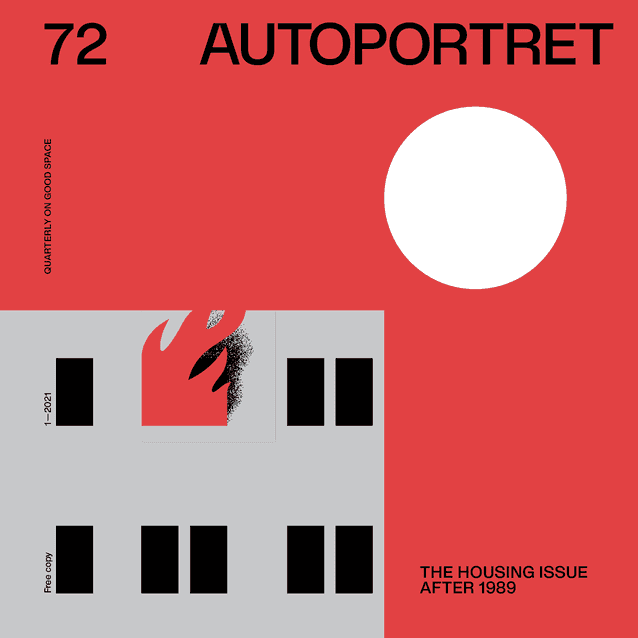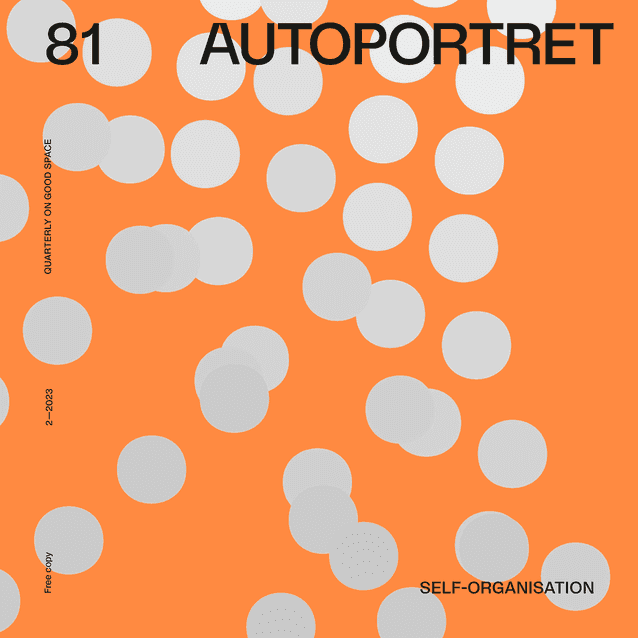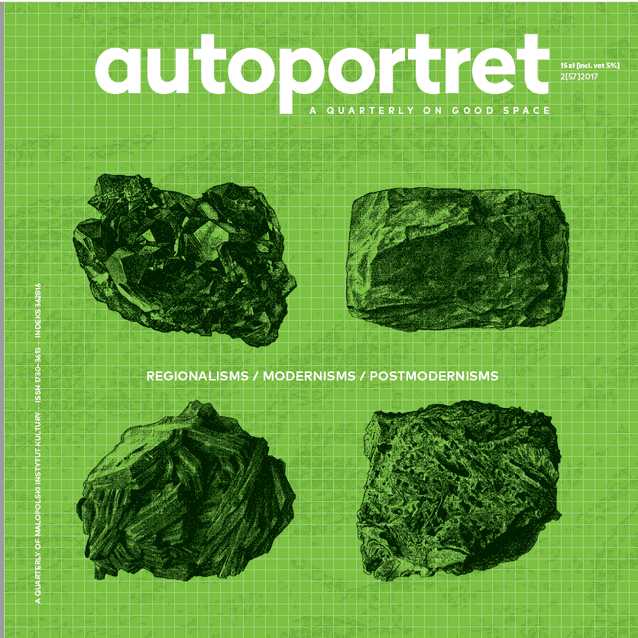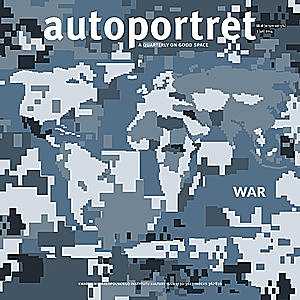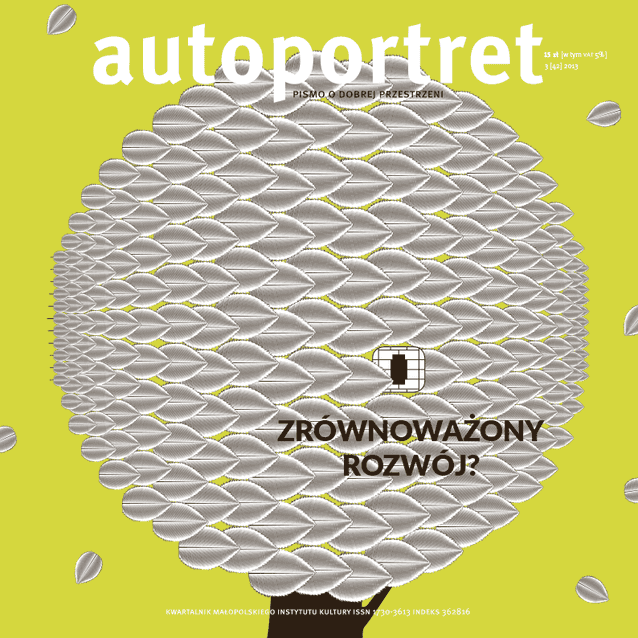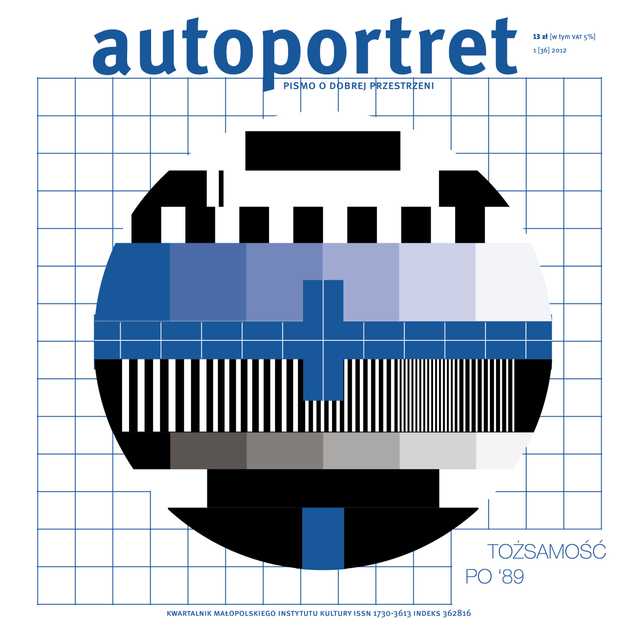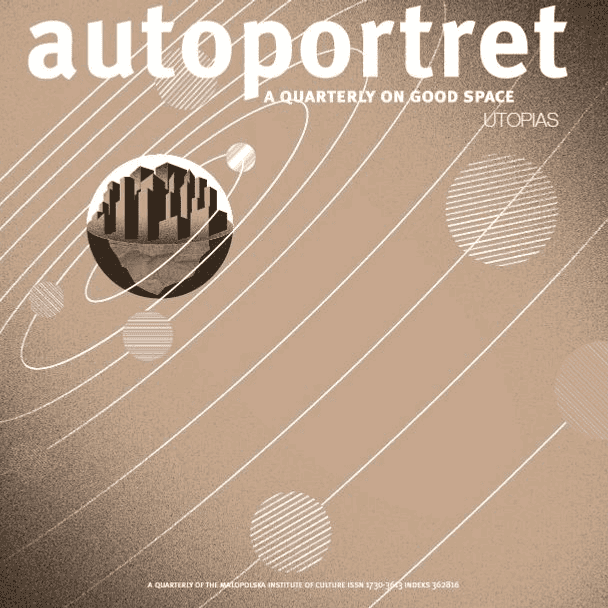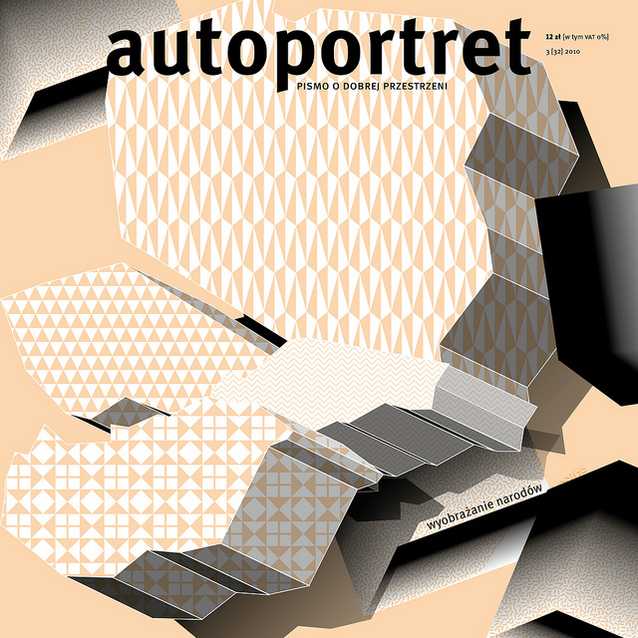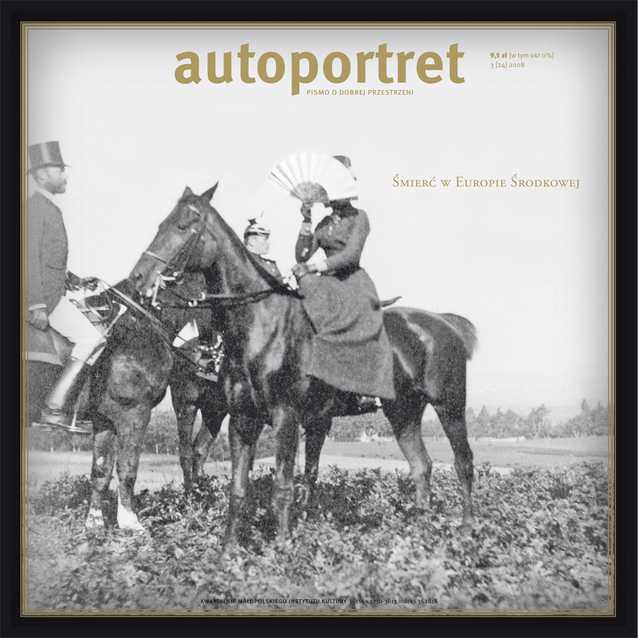For the past year, we spent a lot more time in our homes and our flats; therefore, we experienced all their shortcomings much more acutely. Online meetings revealed various clever strategies for self-presentation – but they also exposed the impossible-to-disguise, omnipresent lack of space (Poland has one the smallest average size of apartments in the EU).
In this issue we look at housing in the Visegrad countries after 1989: in the Czech Republic, Hungary, Poland, and Slovakia. We analyse the consequences of including these countries in the system of global neoliberalism, particularly in terms of direct consequences for the region’s inhabitants, pertaining to their dwellings.
Former Czech Prime Minister Václav Klaus noted that the apartment is unlike ham; we cannot simply give it up if the price increases. Gaby Khazalová quotes that state ment in her text on Czech re-privatization. Indeed, flats have grown more expensive, and within a few decades for the majority of Central Europeans they have become a commodity that is hard to afford. It is striking – but not surprising – to observe how similar the stories told by our authors from different countries are. The re-privatization, gentrification, suburbanization, gated communities and commodification of housing have changed the space in which Central Europeans live. We can point out subtle differences, compare dynamics, but basically the advent of neoliberalism had the same outcome everywhere: it inevitably turned an apartment into a commodity, and a new housing estate into a product. The weaker were relegated to the outskirts, disappearing from the field of visibility. The logic of money took over the space, and both the city centres and suburbs were built using the financial mechanism of mortgage loans.
The paradigm of values has changed: the place of living, loving, growing up, growing old has become, above all, a resource – something that you can sell, buy, and trade in the real estate market. In our late, soulless capitalism, this resource is earning us money even when it remains empty. That is why concrete is being poured everywhere (we will soon run out of sand), and blocks of flats are growing, ever thicker and higher – containing not only apartments, but also investment properties. Living there is often compared to “cage rearing”. Dysfunctions multiply, yet people do not take to the streets to protest about not having access to sunlight and greenery, about the cities becoming deserted, fences growing, and playgrounds located right next to busy thoroughfares.
Three decades after changing the system, we are in the process of a thorough re-evaluation of the political and economic paradigm. This issue of “Autoportret” is a record of the present moment. We analyse processes, we criticize the logic of late capitalism, but we do not stop at complaining. Our authors’ texts offer outlines of possible changes on many levels: from the vision of cooperative movement (Zofia Piotrowska), to the involvement of the state in the construction of cheap apartments for rent (Zuzanna Mielczarek, Kamil Trepka), to the postulates of an inclusive city without fences (Agata Twardoch), and finally – probably the most difficult task – to a banking system in which a flat will no longer be a financial instrument (Mikołaj Lewicki). What is more, ready-made solutions already exist, they have been tested, and it would be enough to revive or adapt them to our present needs.
There is a consistent tone throughout the issue: the paradigm of values must be
changed. We have to build the foundations of a community. We take the first step: we
are thinking and talking about housing as a fundamental human right.
Dorota Leśniak-Rychlak
